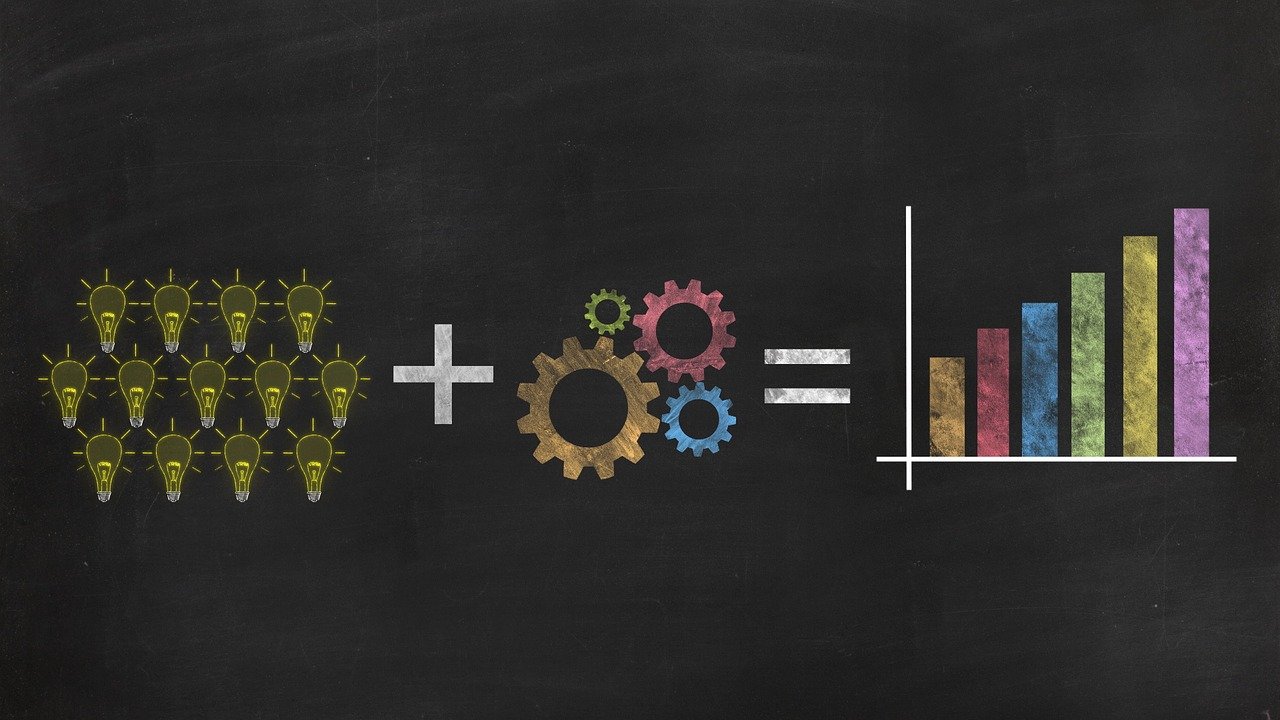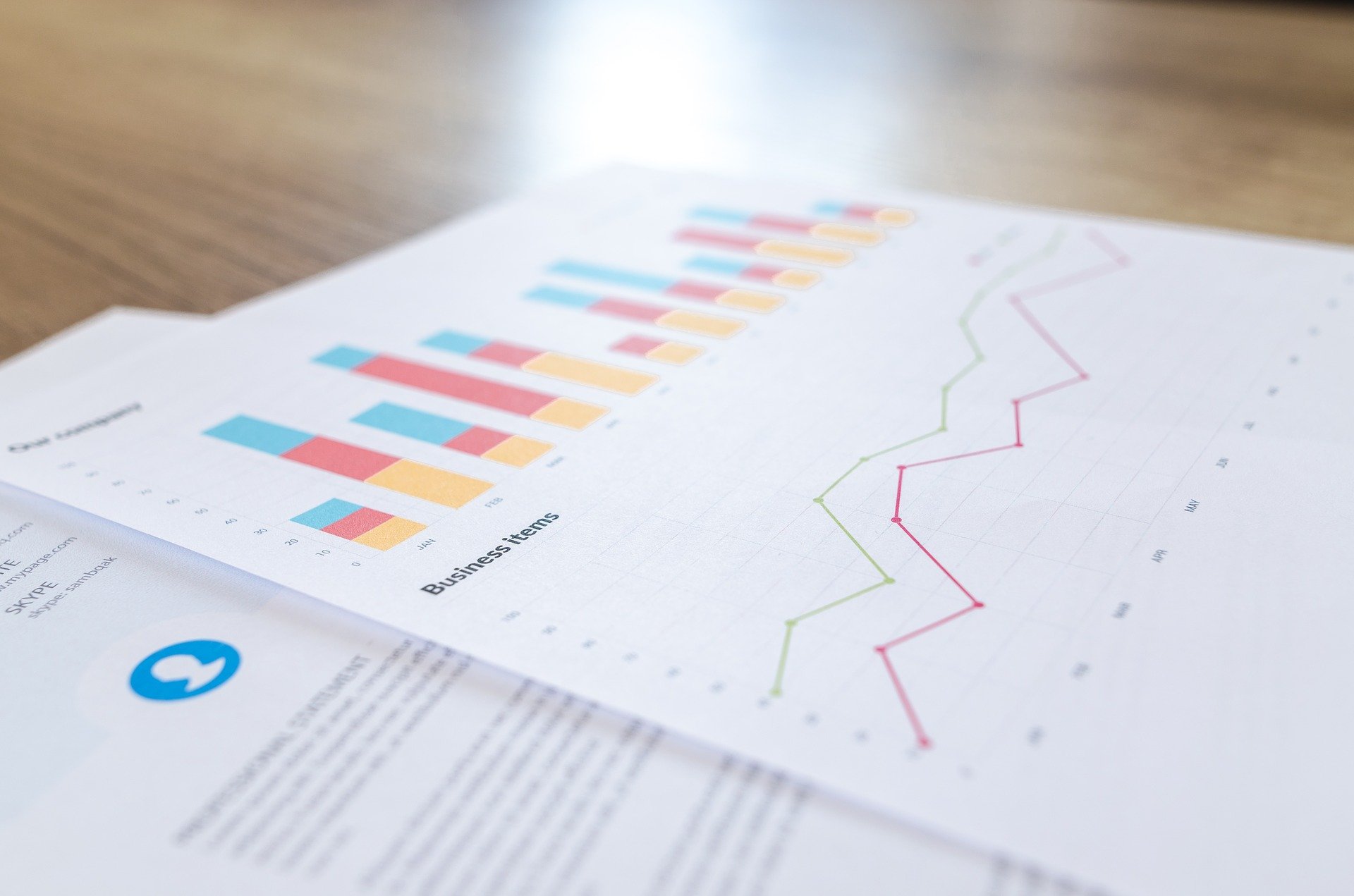When it comes to owning a rental property, positive cash flow is the name of the game. Appreciation and tax breaks are a great bonus, but the most immediate goal is to make a monthly profit on your rental property.
Thank you for reading this post, don't forget to subscribe!To achieve positive cash flow on your rental property, you need to understand your income and expenses. Knowing your operating expenses sounds easy, but hidden expenses often trip up rental property owners.
What is included in operating expenses for a rental property?
Let's start with the easy part, the operating expenses. These expenses will occur on every rental property owned and are unlikely to be avoided.
Maintenance
Every property has maintenance costs. If you own rental property, it is your job to handle those costs. This is the most challenging category of operating expenses to budget for. Who knows what may happen in the future?
A general rule of thumb is to take 1% of the property's value for operating expenses. So, if the property costs you $200,000, you need $2000 for maintenance costs per year.
Many factors could lead to maintenance costs, including the property age, size, and type. As the owner, you're responsible for the roof, painting, and appliances like the stove, fridge, and boiler in a single-family home.
Insurance
Rental property owners must have landlord's insurance by law, and it's well worth having anyway. You can get an estimate from your insurance agent by speaking to them and giving them all the property details.
Taxes
Your rental property is liable for property taxes. You can contact your county assessor to find out the taxes that your property is liable for. Never rely on the current taxes being paid by the current owners. It may be different for you once you close escrow.
HOA Fees
Homeowners Association Fees vary. Call the listing agent or property manager to find out what these fees are on your rental property. Don't take the current fees as fixed; HOA fees can change. You can usually request the history of changes and past special assessments to determine what the fees may look like during your ownership.
Property Management Fees
If you don't plan on managing the property yourself, you will need a property manager who will have their own fees. With short term rentals, that can be anywhere from 10-40% of your gross income.
The benefits of property management companies are that they will identify opportunities to create value by providing building management, property management consulting, and rent stabilization consulting.
Utilities
With long term rentals, it's wise to make your tenants pay for utilities. Why? Because when people have to pay their own bills, they conserve a lot more water and energy. If left to the landlord, utility bills can quickly become very expensive. With short term rentals, you’ll be paying the utilities costs yourself. Request a list of monthly utility costs from the agent to get an idea of what you’ll be spending on utilities.
Other Costs
Above are the main costs to consider. But also, don't forget:
- Accounting and legal fees (if using a lawyer)
- Trash collection
- Gardening
- Pool care
- Pest control
- Snow removal
- Internet upgrades and maintenance
What is not included in operating expenses?
Ok, so now we know what is included. But what's not included and often trips up rental property owners?
Your Mortgage Repayments
The general idea of renting a property is that you take enough rent each month to cover your mortgage payments, all the overhead operating expenses and still make some profit.
Your mortgage repayments are NOT part of your operating expenses. If you bought your rental property with cash, then you can skip this section.
If you took a mortgage, your "debt service" plays a vital role in your cash flow. When calculating your expenses for prospective rental property, remember to add your mortgage payments, so you don't get caught out.
Advertising and Marketing Costs
Tenants come and go. Each time they do, you will need to advertise the property for rent and conduct some basic marketing to lure new tenants. These costs are not included in operating expenses.
Refinancing Costs
If you decide to refinance the property, your property manager or lawyers' costs are not included and can be expensive.
House Improvements
There will be times when parts of the house need improving for the tenant's comfort. These improvements are always negotiable with tenants but may incur some costs for the property owner.
A typical example is upgrading the internet service for the home. A prospective tenant might complain about internet speed because they work from home. You may decide to cover the entire cost for our tenant or share the costs.
Major Repairs
Major repairs are sometimes required, but they can come with a lot of hassle and expense. Structural issues may require your tenant to temporarily vacate the premise while works are completed.
If you think major repairs are needed, think ahead and plan accordingly. You want the least stress and expense as possible.
Your Time
This is a big one that many forget. Your time is money. If you spend too much time managing your property, it may dig into your actual work time. This means some property owners take time off work or fall behind with their day job.
All of that time has a monetary value that should be considered before owning and managing a property.
How are real estate operating expenses calculated?
Ok, so we know all the things that fall under operating expenses. But how do we calculate these, so we understand what the total operating expenses will be?
You must do a little research for each operating expense and find the exact or closest number to the actual cost. Things like insurance and tax are much easier to find a cost for then maintenance and repairs. But you can get a pretty good idea.
Don't guess or assume any operating costs. Get the best figure you can. Once you have a total amount of operating expenses, you can work out your OER.
The Operating Expense Ratio (OER) is the measurement of the cost to operate your property compared to the income it generates (in this case, rent).
To calculate the OER of a property, you just divide a property's operating expense (minus depreciation) by its gross operating income.
The OER can help pick up on any red flags such as high maintenance costs and low income. The ideal OER is around 60-80%. Lower is better than higher.
How much cash flow is good for a rental property?
First, you must calculate the cash flow before you know what is good and what is bad. To work out your cash flow, you need to take your property income and minus the total expenses (operating and non-operating).
Use an investment property calculator to help you out with this.
You want to ensure that you will achieve a positive cash flow each month. Many factors can affect your cash flow, but you're earning "good" cash flow as long as it's positive.
The metric for "good" once in the positive is down to the property owner. As a general idea, anything above 8% is pretty good.
What makes a good rental investment?
When investing in a rental property, there are three clear signs, it's a good investment that you need to know about.
Location
This is simply the most important factor to consider when thinking of investing in a rental property. There are many factors to consider, including the type of neighborhood, infrastructure, schools, regenerations plans, and trends.
Areas that are developing quickly with young families flooding to them are always a good sign. So are hot tourist destinations offering cheap but cheerful vacation opportunities?
Cash Flow, Growth Potential, and Appreciation
Cash flow is equally as important as location. How much can you actually earn on the property each month? How much will the rent increase over the next five or ten years? How much will the house appreciate in twenty or thirty years?
While it's difficult to estimate future rent prices and appreciation, reasonable estimates can be made with lots of research and property experts' advice.
Check Out Our Short Term Rental Cash Flow Calculator
Condition of Property
The better the condition of the property, the better the investment. Unless you're buying it with the intent to renovate. Don't underestimate how the condition of a property can affect your investment. Structural and foundation damage are two significant issues to check on before any investment is made.
The roof condition is also critical, as is the boiler, the heating system, and HVAC. As the owner, you will be responsible for all of these things. A better condition house may cost more to buy but may save you even more in the long run.
Final Thoughts
Working out your operating expenses and total expenses is a great way to judge a property investment opportunity. The more you know about the overall expenses of a rental property, the better decision you can make, and the more chance you will achieve positive cash flow.
If you're in the market for a rental property, get some support from the experts. Here at The Short Term Shop, we can help you with the whole process, from discussing the operating expenses to making that final purchase.
Simply call us at 800.898.1498 or email us at info@theshorttermshop.com to speak to one of our professional team members and learn more about our services.
We look forward to assisting you!



